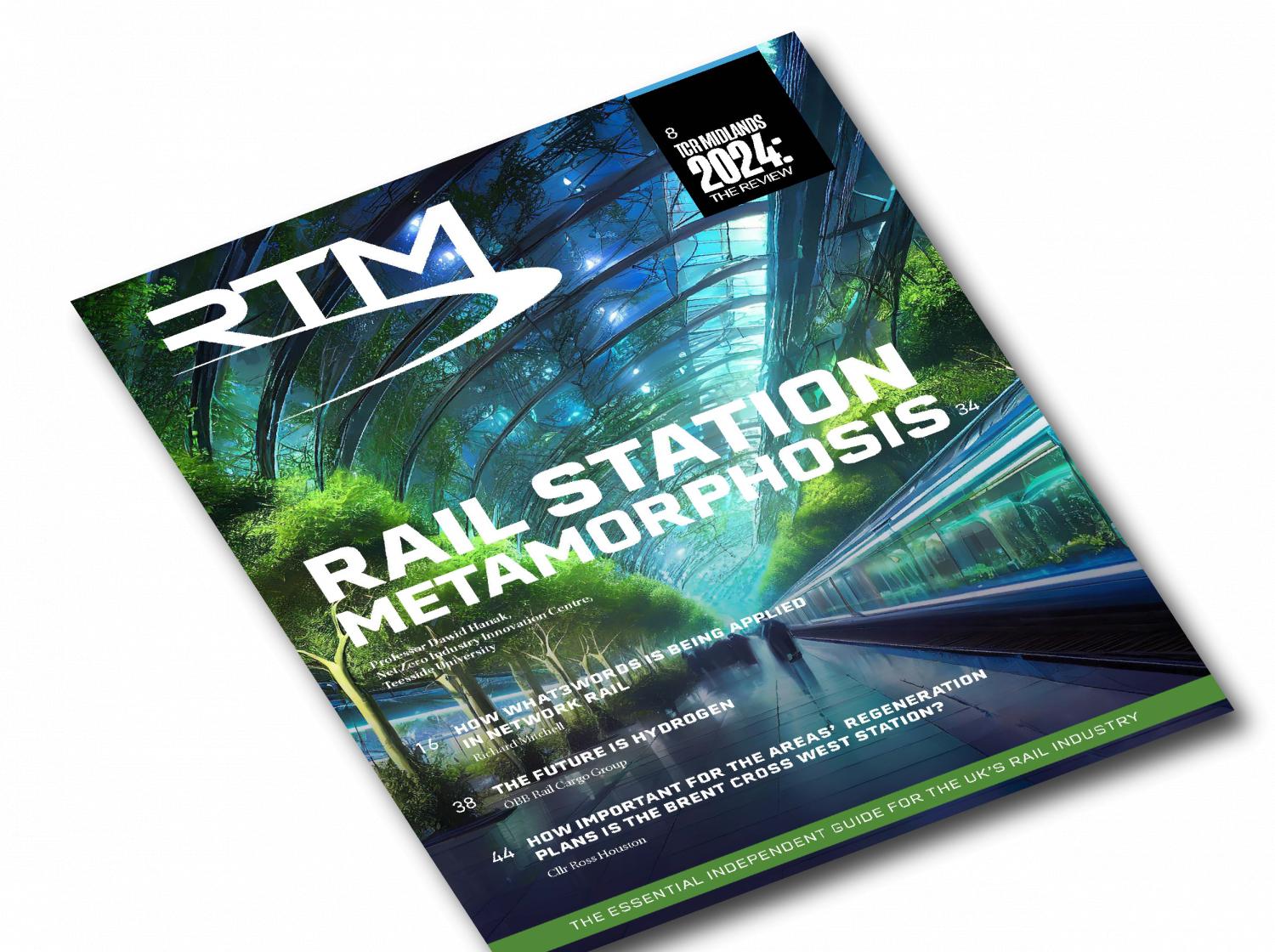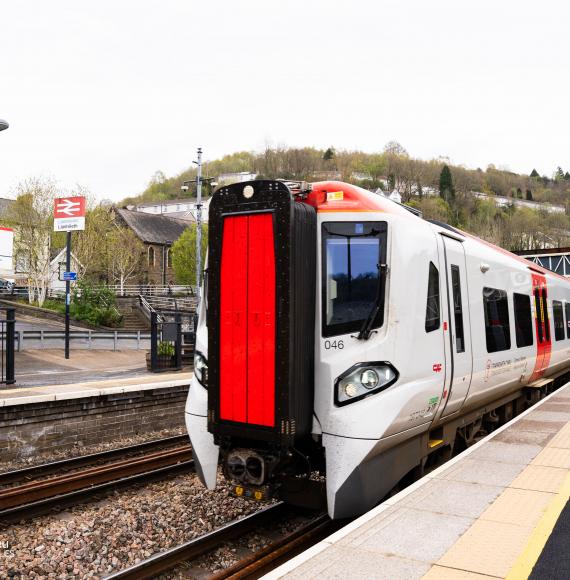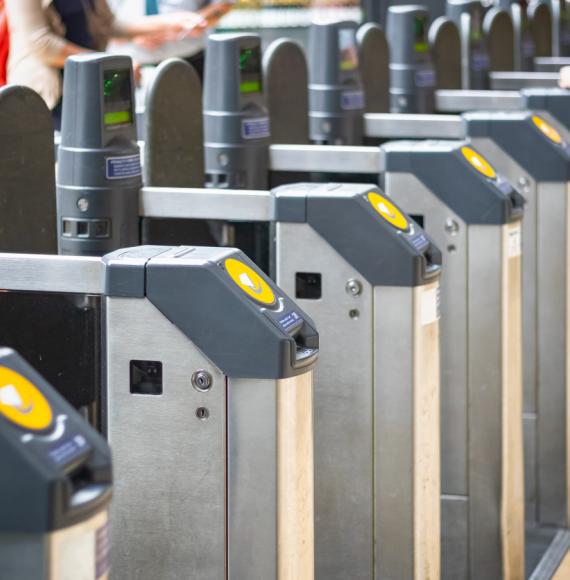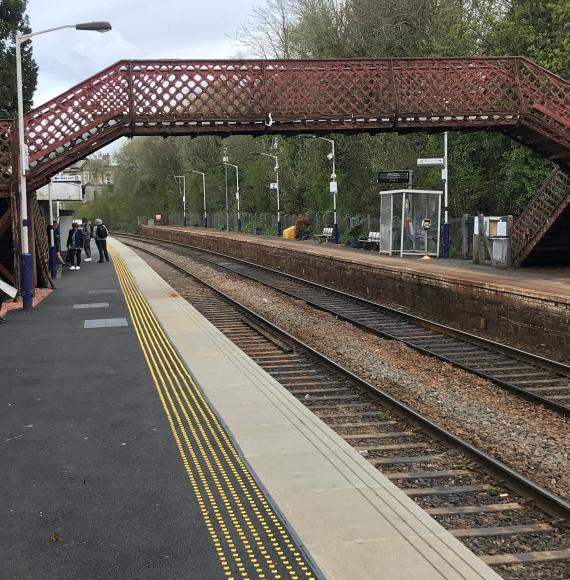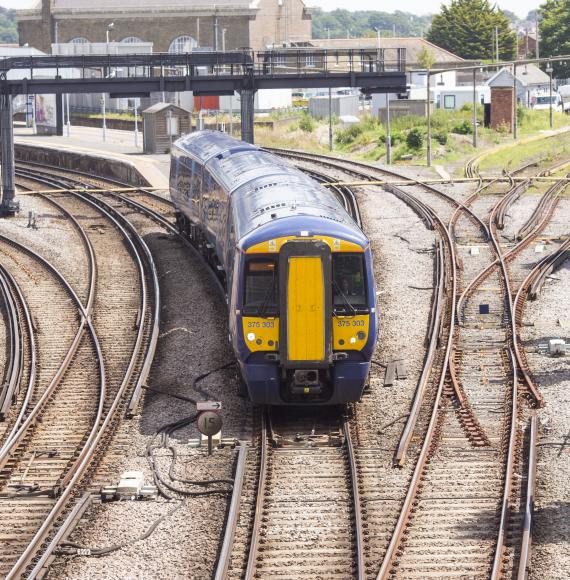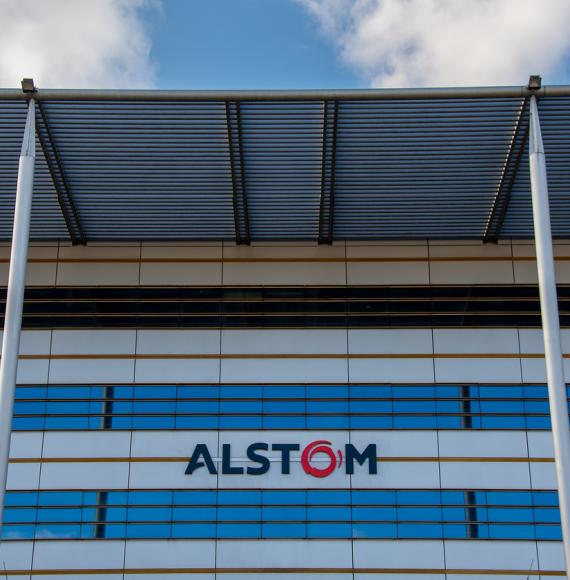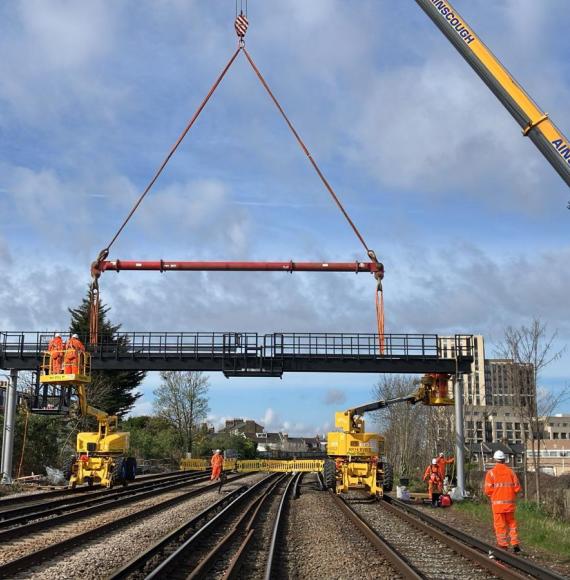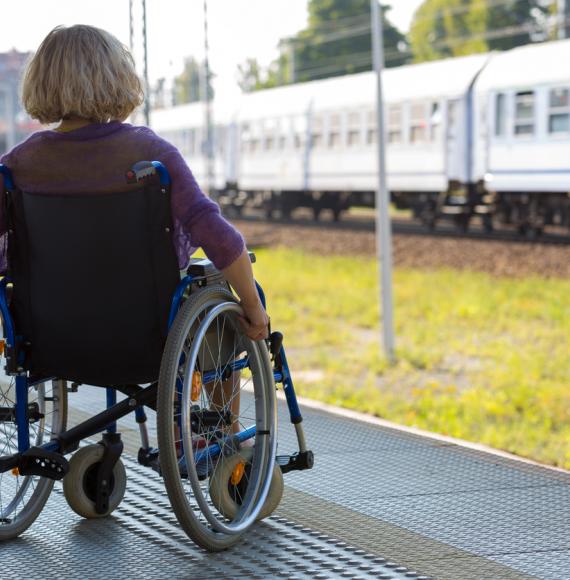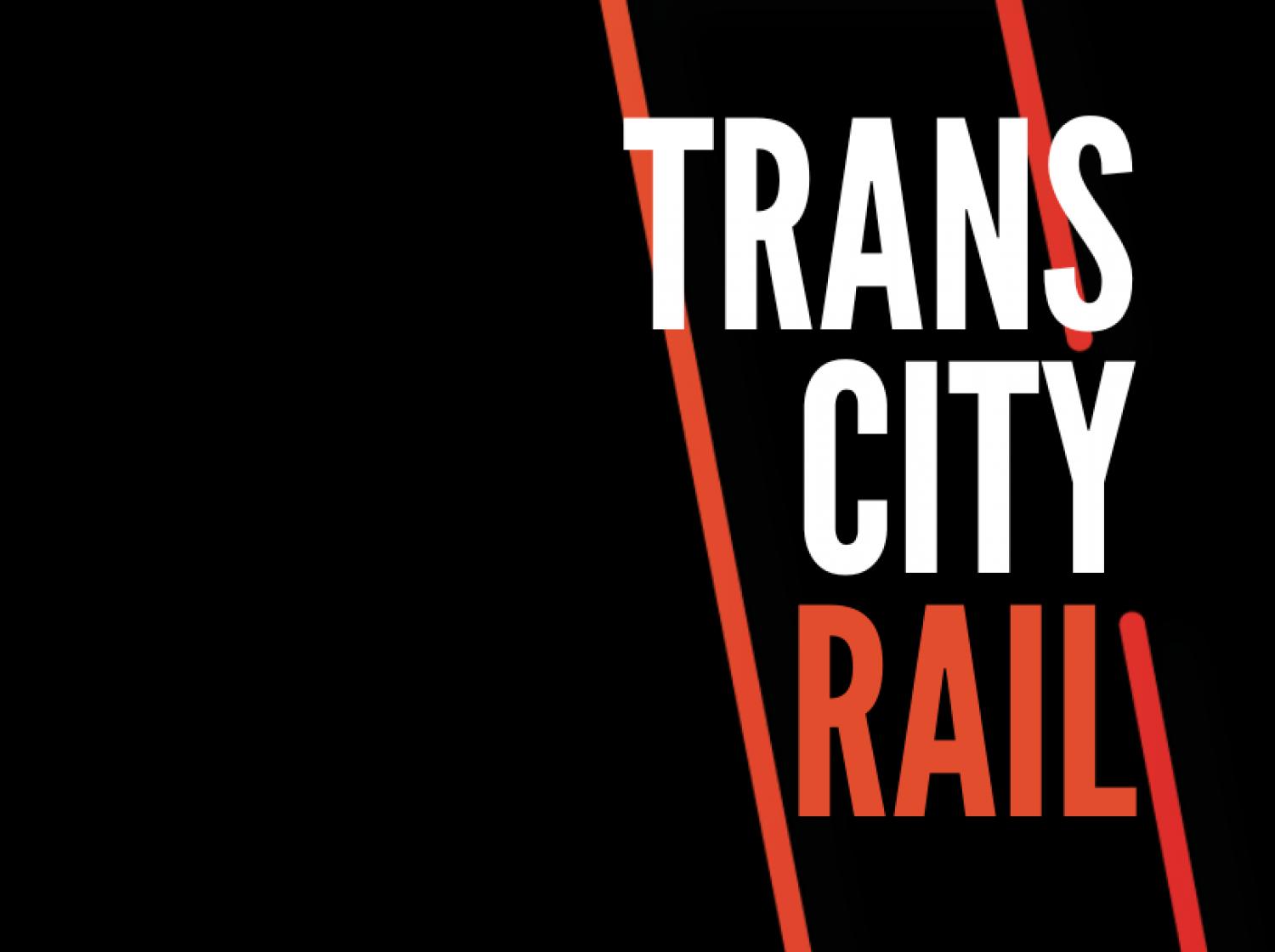Researchers at the University of Portsmouth have developed a new intelligent tool which can automatically detect delays on the tracks.
Developed in conjunction with First MTR South Western Railway via a two-year knowledge transfer partnership (KTP), the new algorithm will help minimise disruption to rail travel across the network by detecting problems more quickly.
The South Western Railway (SWR) franchise network is the largest and busiest in the UK, with more than 1,700 trains operating daily and serving around 235 million passenger journeys a year across southern England.
When delays occur in current systems, it can be difficult for controllers to detect them promptly, which then leads to further delays in selecting contingency plans.
Although many rail operators have looked to offset some of these challenges, much of the technology and systems used has remained the same for decades, despite greatly increased numbers of passengers, trains and crews on the network.
Dr Edward Smart, KTP Academic Supervisor, said: “As a commuter myself, I’m delighted to be able to contribute to this project that will improve the customer experience. It highlights the impact that machine learning algorithms can have for real world applications.”
University researchers automatically analysed data to determine the point of delay, identify which trains would be affected and select the appropriate contingency plans to get the services back on track. The intelligent tool is designed with machine learning techniques to reduce dramatically the time to analyse and process the data.
Professor Chris Simms, KTP Academic Lead, added: “Automatic detection of delays represents the future of the rail sector. This project has made an important first step in realising the potential represented by machine learning to mitigate railway delays.”
The University of Portsmouth and SWR project was funded by Innovate UK.
Currently, the new algorithmic tool is being tested within the SWR Control Centre, which is responsible for controlling the movement of trains across the network.
Chris Prior, Head of Control Projects at SWR, said: “Working with the University of Portsmouth has been an excellent experience for SWR and has transferred understanding into the business on systems development and AI.
“Together we have developed a system which improves the speed to response to recover late running, learn from and continuously improve SWR customer’s experience.”
RTM365 is hosting a virtual event on improving the passenger experience on August 18, 2021. Register to attend here.



